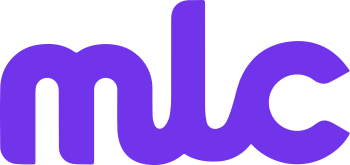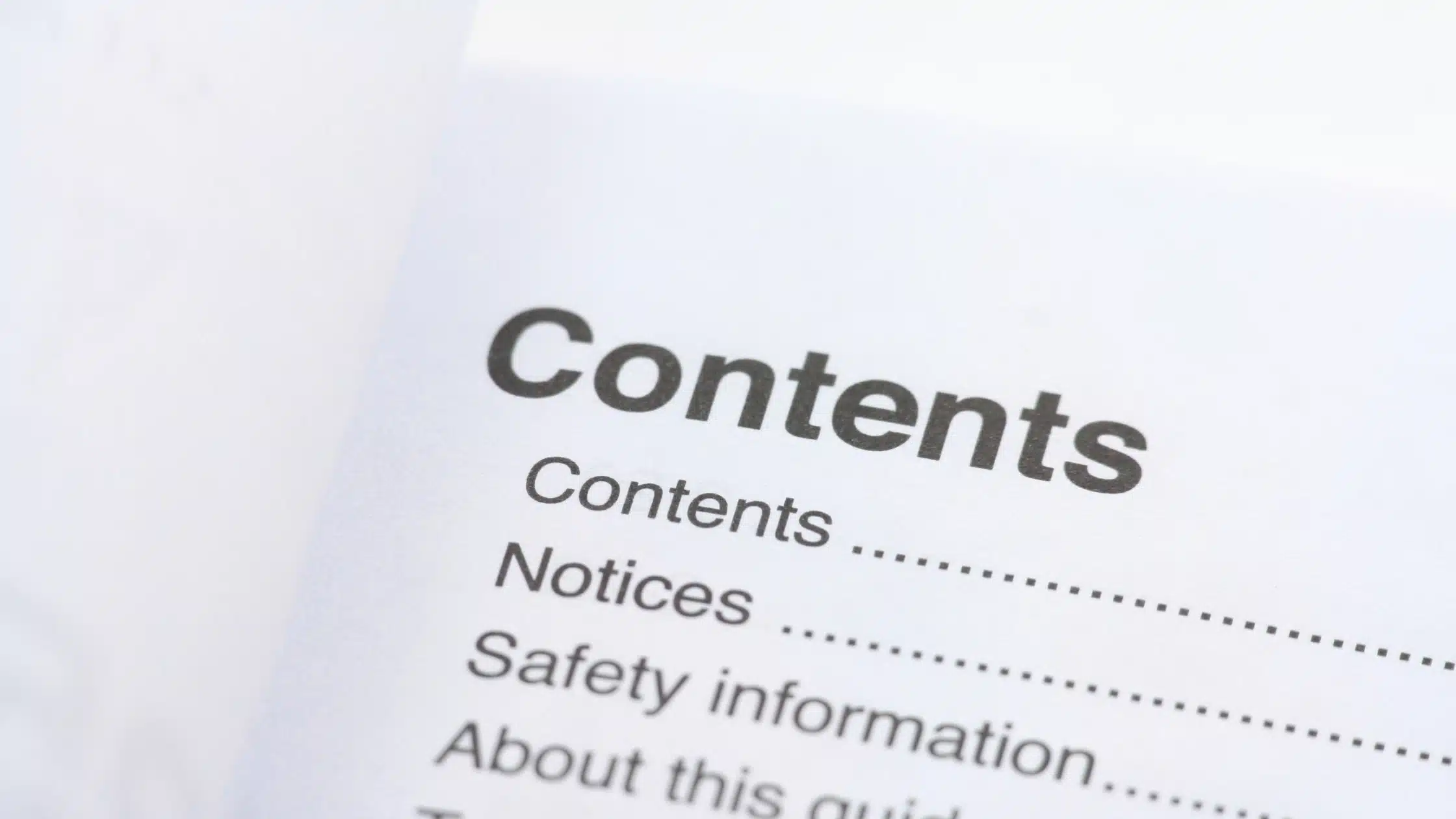Medical Device Translation Services: Ensuring Accuracy and Compliance in Global Markets
In the medical device industry, precise translation services are essential for ensuring compliance, patient safety, and effective use of technology worldwide. Medical device translation involves adapting medical device documents such as user manuals, regulatory filings, and technical specifications into multiple languages to support international markets.
With the increasing globalisation of the medical industry, accurate medical device translation services help medical device manufacturers meet regulatory standards while ensuring that healthcare professionals and end-users fully understand the device’s functions. Whether you are a medical translation company, a translation agency, or a language services provider, offering high-quality medical device translation services is critical to success.
This article will explore the importance of medical device translation, the role of medical translators, and how translation services in the UK and beyond can help companies expand into global markets.
Outline of the Article
- What is Medical Device Translation and Why is it Important?
- What Types of Medical Device Documents Require Translation?
- How Medical Device Translation Services Ensure Compliance
- The Role of Professional Medical Translators in the Medical Industry
- Challenges in Translating Medical Device Documents
- Key Features of a Reliable Medical Device Translation Service
- How ISO Standards Improve Translation Quality
- The Benefits of Working with a Medical Device Translation Agency
- Emerging Trends in Medical Device Translation for 2024
10. How to Choose the Right Medical Translation Service Provider
What is Medical Device Translation and Why is it Important?
Medical device translation involves translating technical, regulatory, and user information related to medical devices for different linguistic and cultural audiences. As medical device companies expand internationally, the need for accurate translations becomes crucial to ensure that devices can be used safely by healthcare professionals and patients worldwide.
The medical device industry is highly regulated, requiring precise medical terminology translations to meet compliance standards. Incorrect translation can lead to serious risks, including patient harm or regulatory non-compliance. That’s why working with a professional medical device translation services provider is essential for ensuring quality medical translations.
What Types of Medical Device Documents Require Translation?
Translating medical device documents requires accuracy and attention to detail. Some of the most common types of document translations needed for medical device translation services include:
- User manuals and instructions – To help medical professionals understand how to safely operate medical technology.
- Regulatory compliance documents – Meeting ISO and local regulatory requirements.
- Software interfaces and labels – Ensuring accuracy in medical device software and packaging.
- Clinical trial reports and protocols – Supporting global medical research efforts.
Translating medical device documents requires expertise in precise medical terminology, as even minor errors can have serious consequences.
How Medical Device Translation Services Ensure Compliance
Regulatory bodies worldwide require medical device translation to adhere to strict standards. Some key compliance aspects include:
- ISO 13485 and ISO 17100 – Ensuring quality translation processes for medical device translation needs.
- EU MDR (Medical Device Regulation) – Mandating accurate translations for medical devices in European markets.
- FDA Requirements – Ensuring medical device manufacturers comply with U.S. regulations.
By working with a language services provider that understands these requirements, medical device companies can guarantee compliance and avoid legal issues.
The Role of Professional Medical Translators in the Medical Industry
Medical translators play a crucial role in the medical device industry by providing accurate medical translation and ensuring that documents remain precise and culturally appropriate.
A professional medical translator must have:
- Expertise in medical device translation and knowledge of medical terminologies.
- Experience in technical and regulatory translations.
- Certifications in ISO-compliant translation practices.
By using experienced medical linguists, companies can ensure reliable translation and accurate localisation of medical device documents.
Challenges in Translating Medical Device Documents
Translating medical device documents comes with unique challenges, including:
- Technical Complexity – Medical device software and manuals require accurate medical translation.
- Regulatory Variability – Different countries have varying medical device translation needs.
- Precise Medical Terminology – Ensuring that all terminology aligns with industry standards.
A medical device translation agency must specialise in translation solutions tailored to the healthcare sector.
Key Features of a Reliable Medical Device Translation Service
A professional medical device translation service should offer:
- Certified translation processes that meet industry regulations.
- Specialised translation teams with expertise in medical technology.
- Translation memory tools to maintain consistency across documents.
- Interpretation services for spoken medical content when needed.
Choosing a services provider that offers translations for a wide range of medical devices ensures accuracy and reliability.
How ISO Standards Improve Translation Quality
ISO standards are essential for maintaining translation quality in medical translation services. The most relevant ISO certifications include:
- ISO 17100 – Ensuring high-quality language services for medical translations.
- ISO 13485 – A standard for medical device translation regulatory compliance.
- ISO 9001 – Ensuring quality control in translation project management.
By following ISO standards, medical translation companies can deliver high-quality medical device translation services.
The Benefits of Working with a Medical Device Translation Agency
A medical translation agency offers several advantages for medical device translation needs:
- Expert medical device translation services tailored to industry standards.
- Access to certified translators with knowledge of medical terminology translations.
- Reliable medical translation solutions that ensure compliance and translation quality.
By partnering with a leading medical translation provider, companies can efficiently translate medical documents for global markets.
Emerging Trends in Medical Device Translation for 2024
The future of medical device translation services includes:
- AI-Assisted Translations – Enhancing speed and accuracy with advanced tools.
- Integration with Medical Device Software – Ensuring seamless translations for medical devices.
- Growth of the Healthcare Translation Services Market – As demand for translation services for global industries increases.
Staying ahead of these trends ensures that medical device translation companies remain competitive in global medical markets.
How to Choose the Right Medical Translation Service Provider
When selecting a language services provider for medical device translation, consider:
- Proven expertise in medical translation services.
- ISO-certified processes for accurate translations.
- A reliable medical translation company with industry experience.
By choosing an expert medical device translation services provider, companies can ensure precise medical translations for regulatory compliance and user safety.
Key Takeaways
- Medical device translation services are essential for global regulatory compliance.
- Accurate medical translation prevents errors in patient safety and device operation.
- ISO standards help ensure high translation quality and accuracy.
- A professional medical translation agency provides industry expertise.
- Emerging trends like AI and software integration are shaping the future of medical device translation.
For companies looking to expand into global markets, partnering with an expert medical device translation provider ensures accuracy, compliance, and success in the medical device industry.

